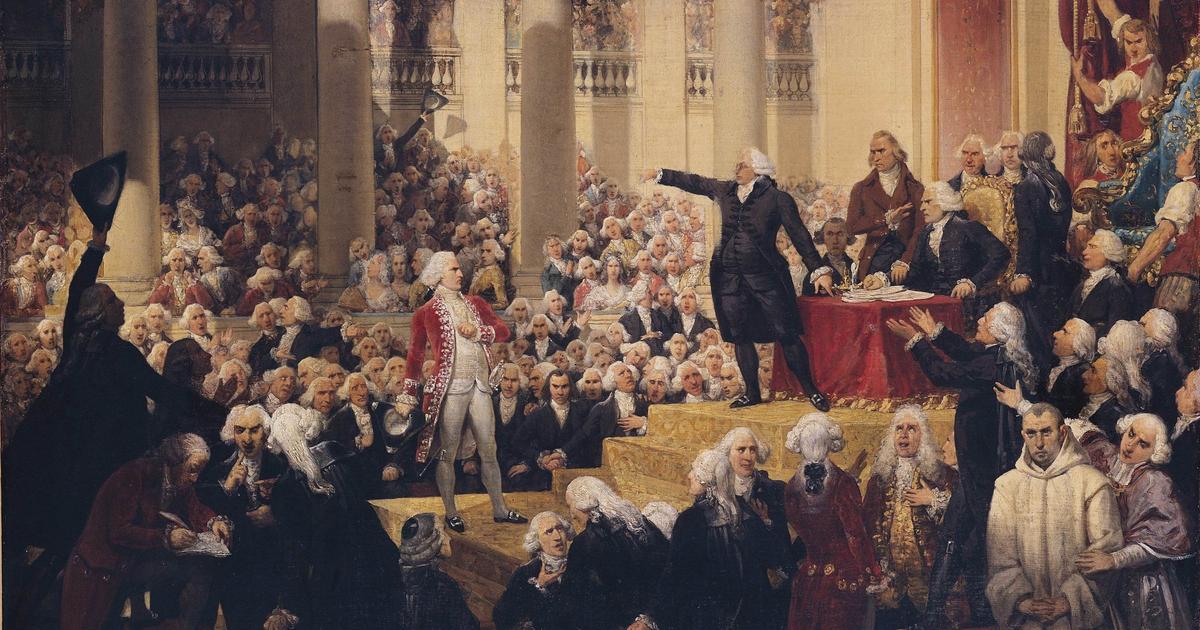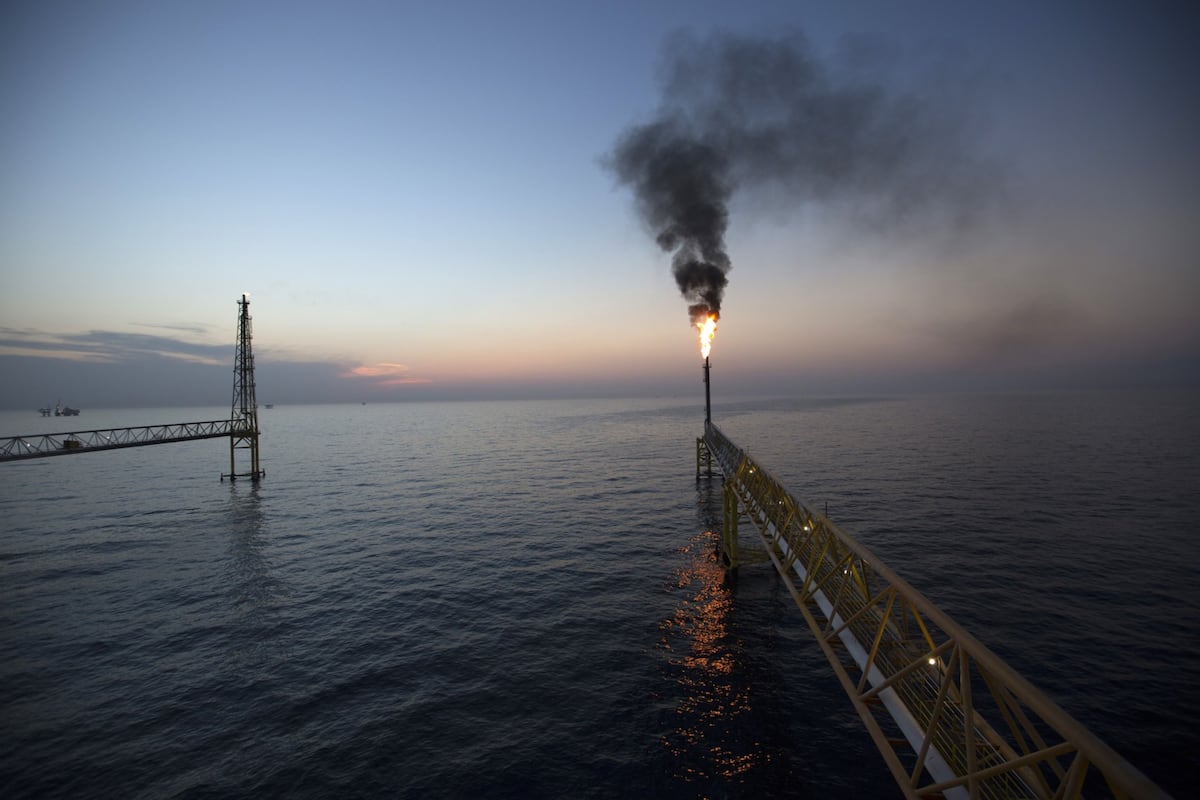A worker for the Mexican state oil company PEMEX, on August 27, 2020.DANIEL BECERRIL / Reuters
Against all the efforts that the Mexican government is making to avoid borrowing more, the state-owned Petróleos Mexicanos (Pemex) pulls in the opposite direction, increasing its financing costs and, therefore, the debt of Mexican taxpayers.
In this sense, Pemex placed 1.5 billion dollars in bonds in the international market on Thursday at historically high rates, which reflects not only a drop in the demand for oil at a global level, but also the little confidence that investors have in the vision of the company painted by the Administration of Andrés Manuel López Obrador.
To know if an interest rate is high, it is necessary to have a benchmark and Pemex's has always been the United States Treasury bond, explains Luis Gonzali, debt and macroeconomics strategist at Franklin Templeton in Mexico City.
Currently, interest rates in the US and in developed countries are zero as a measure of stimulation of the economy and the US Treasury bond, of the same duration as the bonds issued by Pemex yesterday, is 0.3%.
This compares with the rates of 6.95% and 7% that Pemex agreed on in this placement.
"Never, and I'm talking about the last 30 years at least, have we seen such a big differential," says Gonzali.
This responds to several factors, says the specialist.
The first is that the confinement, the loss of employment and the strong economic recession seen worldwide from the coronavirus pandemic have dramatically reduced the demand for oil.
And second, is Pemex's low credit rating, which, in April, suffered a second cut to go from “investment grade” to “junk”.
According to Fitch Ratings, one of the two agencies that classify Pemex as "garbage", the funds from the placement this week will be used to cover its working capital and to refinance previous debt.
"They are substituting old debt for new debt," Gonzali points out.
“And surely the debt they are refinancing is being done at a much higher rate.
If that same debt had been taken out six months ago, they would have paid about 4% less in interest, that differential represents about 60 million dollars a year in extra debt service ”.
Pemex's credit rating shows the continued deterioration of its profile as a debtor, Fitch said in a statement, which, in turn, "reflects the company's limited flexibility to navigate the oil and gas recession given its high tax burden. , high leverage, increased extraction costs per barrel and high investment needs to maintain production and replenish reserves ”.
The company recorded losses of 44,000 million pesos in the second quarter of this year.
Pemex is the most indebted oil company in the world with about 108 billion dollars in debt.
Although this placement does not increase all of its debt, the new bonds do increase the payment for debt service, Gonzali says.
Taxes and Pemex profits are going to go more and more to pay interest on the public debt and less and less in social spending, says the analyst.
"Debt service is becoming a problem that is taking away flexibility from public finances," says Gonzali, "and the solution that this government is proposing is not leading to sanitation."
One of the emblematic works of the López Obrador Administration is a new refinery, in Dos Bocas (Tabasco), which will cost at least 8,000 million dollars, a project that analysts have criticized for investing in fuels that, with the arrival of renewable energies, they tend to decrease in their consumption.
Meanwhile, the government's budget for next year, which is currently under discussion and must be approved by Congress, includes the disappearance of trusts for social spending such as sports, culture, art and science.
Investment bank JP Morgan emphasized in a note to clients on Thursday that both the refinery and the interest on Pemex's debt are worrying.
"Regarding public spending, our main concern is that the Ministry of Finance made it clear that the Government's favorite projects will continue to be the priority, especially the infrastructure plans that have struggled to obtain private financing," says the text signed by the chief economist for Mexico Gabriel Lozano.
JP Morgan assures that around 85% of the total government budget for 2021 has little flexibility considering the heavy burden of state transfers, the debt service of state companies, such as Pemex.
“In addition, the energy sector (including the new Dos Bocas refinery) and transfers to the Social Security system will absorb more than 50% of the budget, leaving limited space for education, road maintenance and construction, and security, among others. ”Says the note.
The International Monetary Fund also, in its report on Mexico dated October 6, highlighted that Pemex's commercial strategy is shifting resources to essential expenses. "Given its increasing losses, it is advisable to focus production only on profitable fields, sell non-essential assets, curb plans to increase refining production at a loss, and postpone new refinery plans until it is profitable to do so," the report says. . "Conditional on changes in the commercial strategy and government reforms, acquisitions and supervision, fiscal support could be considered to alleviate the high financing needs of Pemex," says the text.


/cloudfront-eu-central-1.images.arcpublishing.com/prisa/E2WDNTQIINCQBDDGYE4P36PF64.jpg)
/cloudfront-eu-central-1.images.arcpublishing.com/prisa/RK3AI2H26NFTRJ3VH3EVPP573E.jpg)





